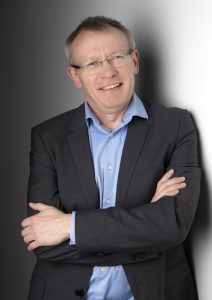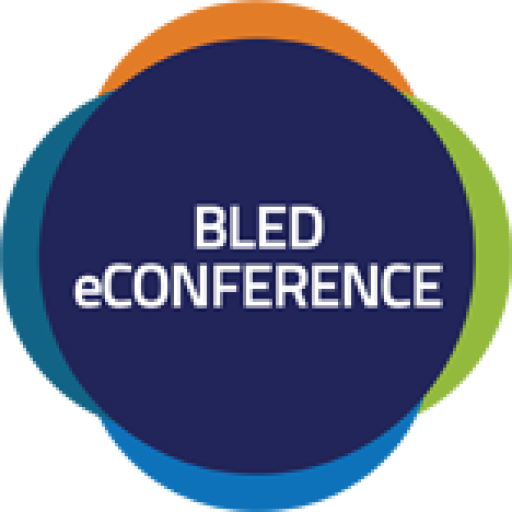Keynote speaker anouncement: Prof. Dr. Henderik A. Proper – Towards Architectural Coordination for Digital Twins

Prof. Dr. Henderik A. Proper will present: Towards Architectural Coordination for Digital Twins
Digital Twins (DTs) carry the promise of supporting better decision-making, monitoring, and learning in relation to the twinned entity, by integrating novel technologies, including digital models, symbolic and sub-symbolic artificial intelligence, as well as advanced optimisation, simulation, and visualisation techniques. At the same time, delivering such a promise requires considerable investments, which can only valorise in the long run, as DTs tend to be “data hungry”, in need of ample sensors, actuators and serious computing power.
Yet, most current approaches to DT development focus on isolated scenarios, which not only limits the understanding of the value of DTs, but also their broader implications. The introduction of DTs, generally, also entails a wider digital transformation in an (inter-)organisational context, while such transformations need to be properly managed.
We argue that, to improve the socio-economical sustainability of DT solutions, their development, deployment and evolution need to be subject to architectural coordination within the broader frame of enterprise architecture management (EAM), while also catering for different concerns (security, privacy, etc) of different stakeholders.
From this perspective, we discuss some potential directions of research in (enterprise) architectural coordination of DT development, in order to help address some crucial challenges of socio-economically sustainable development and evolution of DTs as part of a broader portfolio of information systems.
About Prof. Dr. Henderik A. Proper
Erik for friends, is Full Professor in Enterprise and Process Engineering in the Business Informatics Group at the TU Wien. He is co-author of a wide range of conference publications, chapters in books, journal papers, and books. Erik has a mixed background, covering a variety of roles in both academia and industry. His core research drive is the development of theories that work. His general research interest concerns the foundations and applications of domain modelling; in particular in the context of enterprises. Over the past 20 years, he has applied this research drive and general research interest towards the further development of the field of enterprise engineering, and enterprise modelling in particular. Erik is presently chair of the IFIP 8.1 working group on information systems engineering, while also being the representative for the Netherlands in IFIP’s TC8 technical committee. He is also the Stellvertretender Sprecher (vice chair) of the EMISA working group of the German Computer Science Society (Gesellschaft für Informatik).
